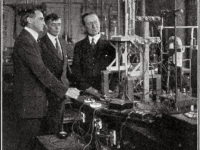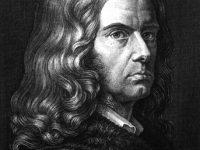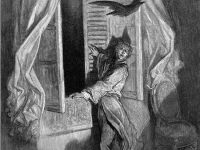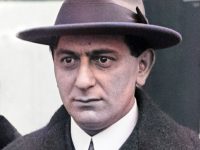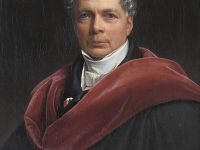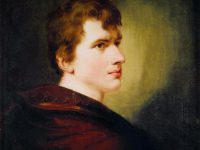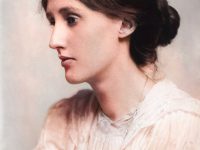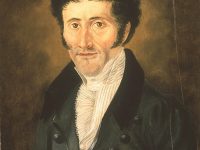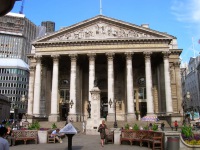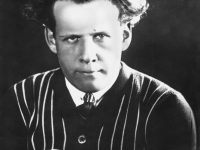Irving Langmuir and his scientific achievements
On January 31, 1881, American chemist and physicist Irving Langmuir was born. Langmuir advanced several basic fields of physics and chemistry, invented the gas-filled incandescent lamp, the hydrogen welding technique, and was awarded the 1932 Nobel Prize in Chemistry for his work in surface chemistry. “To me, [it’s] extremely interesting that men, perfectly honest, enthusiastic over their work, can so completely fool themselves.” — Irving Langmuir, 1953 [9] Irving Langmuir Background Irving Langmuir…
Read more

